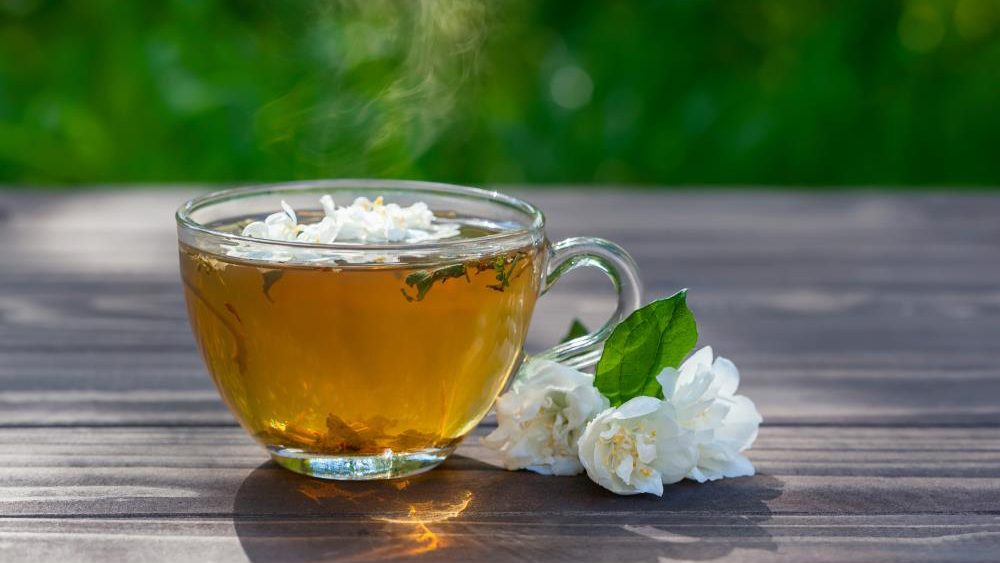
Advertisement
Most people know that drinking tea is good for them — just one cup a day already has a lot of benefits. However, to make the most of your daily cuppa, research suggests going for the organic kind, which has more antioxidants than the regular tea. The study, which appeared in the journal Biological Agriculture & Horticulture, linked these antioxidants to a bevy of health benefits, including a lower risk of disease and improved overall health.
The study was a collaboration between the Ministry of Agriculture in China and Montana State University. The team, in particular, compared the biological components between organically and conventionally grown tea. The tea leaves were sourced from six farms in China that grew tea using both methods. The team found that organic tea contained more polyphenols than conventional tea. A compound that the team found to be more abundant in organic tea is EGCG, which stands for epigallocatechin gallate. Multiple studies have demonstrated the ability of EGCG to treat various diseases, making it one of the most potent antioxidants in green tea.
The team also pointed out that organic tea had lower levels of free amino acids. This includes theanine, an amino acid that is able to cross the blood-brain barrier. Once it crosses the barrier, theanine exhibits its anti-anxiety effects by increasing dopamine production, as well as neurotransmitter activity. Studies have also shown that theanine and caffeine, which are both found in tea, can combine to provide a synergistic benefit and improve brain function. This deficit in amino acids, according to the authors, means that the soil used to grow organic tea did not have enough nitrogen. According to a study in Plant Physiology, nitrogen is essential for transporting amino acids from the soil into the plant. In the study, the authors wrote that improving nitrogen levels in the soil can positively affect the plant’s amino acid levels without sacrificing its other biological compounds.
Researchers also noted that environment-related stress can affect the quality of organic tea. In particular, they found that organic tea is subjected to greater environmental stress than that of conventional tea leaves. Surprisingly, this led to an increase in catechins and proline — both of which are known to have potent antioxidant properties. From these findings, the researchers concluded that organic tea contains multiple health benefits. Further studies, they added, should focus on techniques aimed to enhance the tea’s amino acid profile. (Related: 10 Teas For Natural Health.)
More on organic tea
It’s not just the British who swear by their daily cuppa: Tea is the second most popular drink in the world, after water. In fact, the U.K. doesn’t even hold the title for the country with the highest rate of tea consumption per year — that goes to Turkey, where a person drinks about 17 pounds of tea in a year.
For something that’s widely consumed the world over, however, it is grown using unsustainable and potentially harmful methods. Conventional tea plantations use chemical fertilizers and pesticides which can adversely affect a person’s health. In addition, the growing method causes the soil to erode. The eroded soil can end up in waterways and contribute to water pollution. For the most part, organic tea is one that is made free of synthetic fertilizers and pesticides. It’s also grown in more sustainable areas like forests, which ensures that the tea plant can nourish itself without relying on chemicals.
In terms of taste, organic tea has been described to have a richer and fuller taste than regular tea.
Learn more about the benefits of organic tea at Organics.news.
Sources include:
Advertisements







